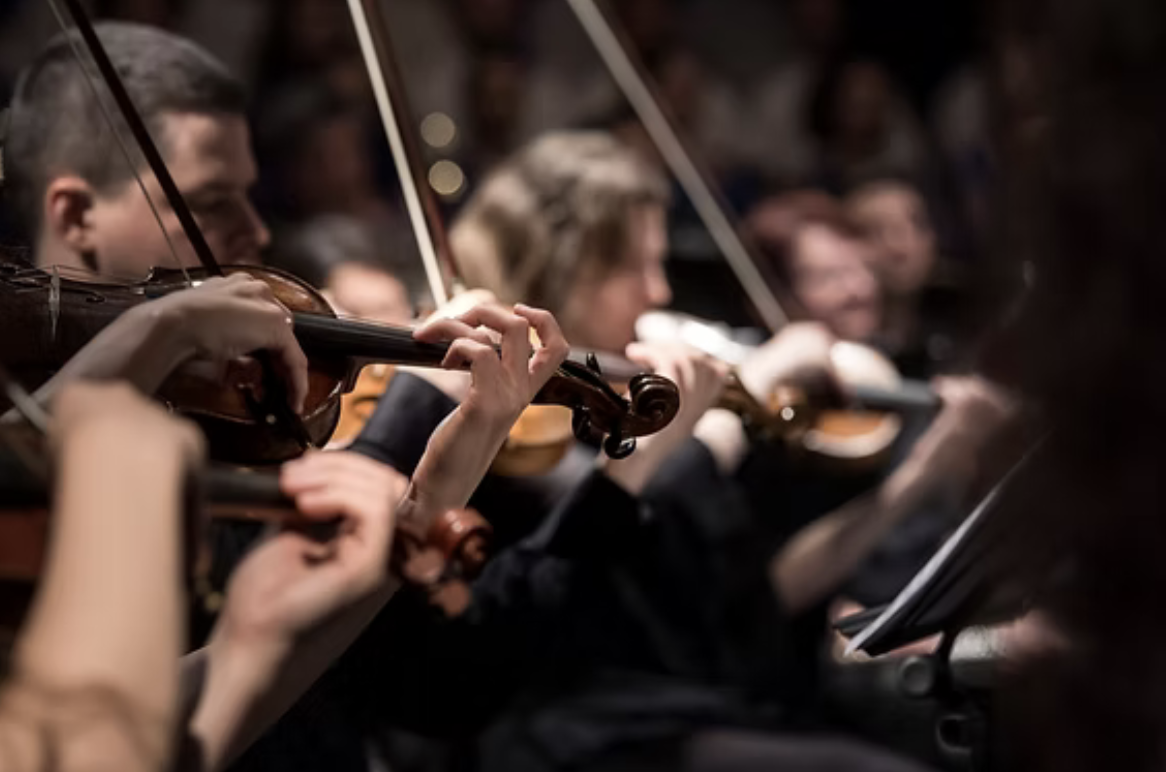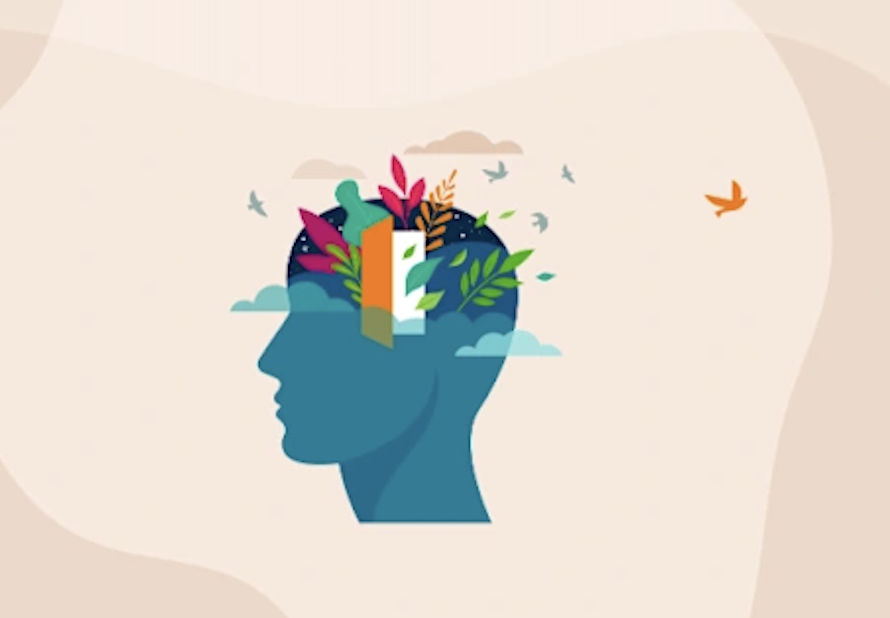As of March 9, 2024, students worldwide are grappling with increasing levels of stress and pressure as universities, particularly the prestigious Ivy League, ramp up their selectivity. Looking back to 1992, when the average acceptance rate among the top 20 schools stood at 27%, the range has drastically shifted. By 2024, this rate has plummeted to a mere 6%, significantly heightening the challenge of securing a spot at a top-tier institution for both career advancement and prestige.
Applying to these universities involves considering several factors, including extracurricular activities, grades, exam scores, sports, musical abilities, volunteer hours, and the impact and significance of one’s achievements. However, the expectations placed on students today are increasingly daunting. They are now expected to excel in multiple areas, from starting non-profit organizations and achieving valedictorian status to taking a multitude of AP courses and scoring top marks on every exam. Some students are even advised to develop a significant online presence or write and publish a successful book to stand out in the competitive application pool.
To address these expectations, programs like Passion Prep Boot Camp have emerged, encouraging students to approach prestige from a different angle. Julie Kim, Founder of Passion Prep, suggests focusing on a central passion project rather than accumulating an extensive list of extracurriculars. Kim claims to have helped students gain admission into Ivy League and top 20 universities.
However, financial constraints pose a significant challenge, as programs like Passion Prep can cost thousands of dollars, making them inaccessible to many students. Additionally, parents often feel pressured to enrol their children in selective private schools, adding to the financial burden.
As admissions officers face the daunting task of sorting through hundreds of applications, many applications begin to look similar. Consequently, many admissions officers now place greater emphasis on the quality of the essay, with the main admissions essay prompt allowing applicants complete freedom to discuss significant events in their lives. However, the rise of AI has altered this trajectory, with Duke University recently announcing that they will no longer consider the quality of admissions essays due to the increasing use of AI among students worldwide.
Ultimately, the college admissions process presents challenges that are often beyond students’ control. Factors such as financial situation, family legacies, or even a bad day affecting GPA on a test can impact one’s chances of admission. Research shows that students are experiencing stress, leading to issues like lack of sleep, appetite changes, depression, and anxiety. As such, the question remains: Is it possible to balance the pursuit of admission to your dream university while maintaining your health and well-being?
Sources:










